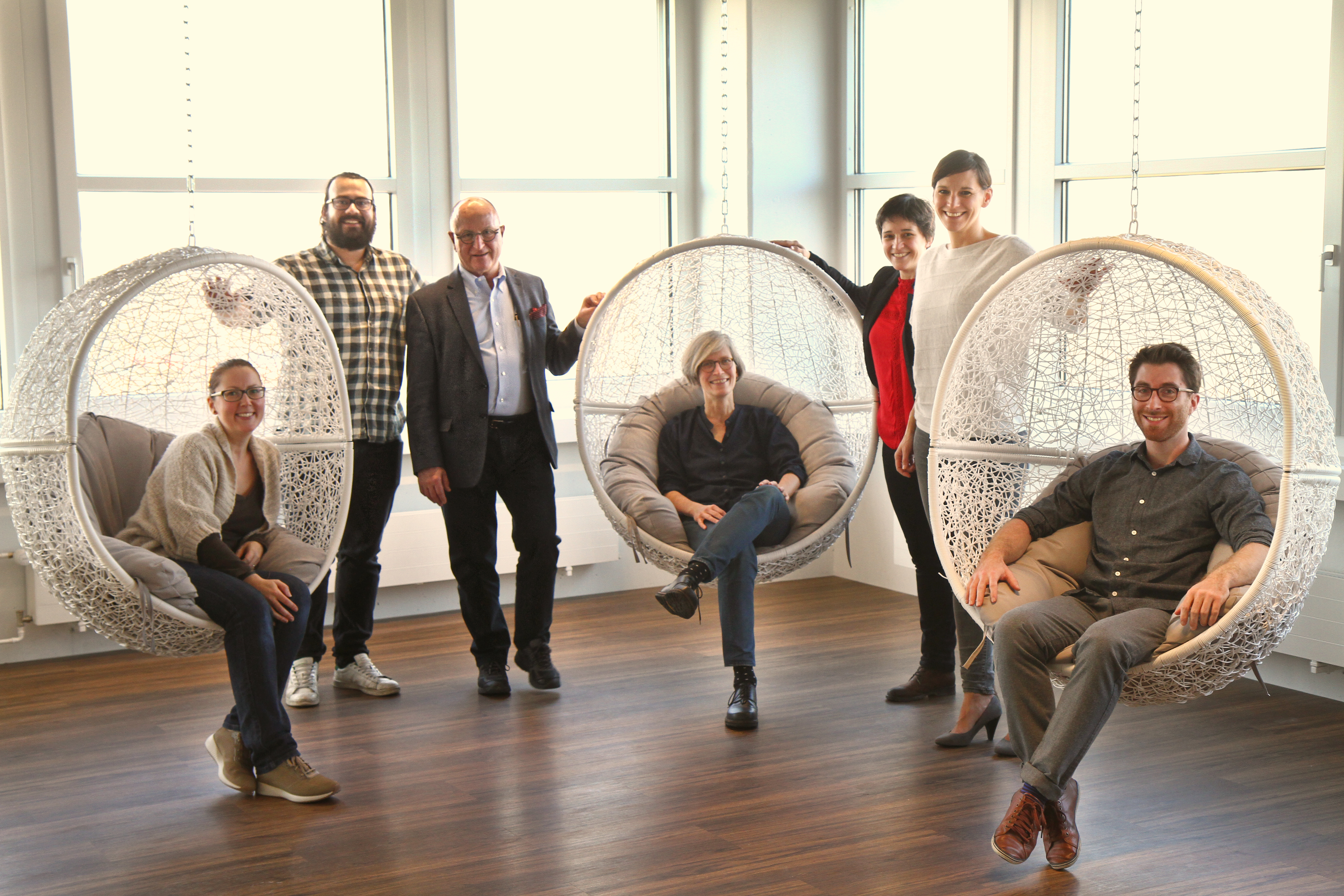Meet the Member: Paul Hofer & Sefunda
For the sixth issue of our interview series "Meet the Member" we spoke with Paul Hofer from Sefunda.
26.03.2021
For the sixth issue of our interview series "Meet the Member" we spoke with Paul Hofer from Sefunda.
26.03.2021

The Sefunda Team on The 5th Floor
1. How did Sefunda come about?
Sefunda is somewhat of a “follow-on” project, because the investors are of the strong belief that timely and accurate diagnostics must be available “on the spot” of diagnosing a patient.
2. Could you give us a brief overview of Sefunda?
Of course, we are in the development stage at a particularly important crossroad. We expect to present a first prototype around the end of March of this year. This will then prove our technology works.
3. What makes Sefunda future-oriented?
As is the case today and certainly even more so in the future, more and more medical decisions should be decided based on as many data available. Therefore, rapid “on the spot” diagnostics will become more valuable. Sefunda has a great future ahead.
We pride ourselves that we have fundamentally understood the need for real product development rather than having super fantastic ideas. A prerequisite is that products can be mass produced at low prices. This is particularly valid for medical devices. Our long-term vision: no patient should ever again get unnecessarily treated with antibiotics, and therefore avoid the spread of resistances. We make personalized treatment affordable for everybody.
4. Sefunda is a company founded and based in Basel. What do you particularly appreciate about this region?
We appreciate the proximity to the University of Applied Sciences (FHNW). We have our own bio safety level 2 laboratory as well as offices just a block away from the FHNW. We often hire students from the FHNW for temporary positions, communicate with various professors working at the FHNW too. On top, the Basel region is neighboring to Germany and France. It also is one of the best Universities in Europe. The city of Basel is and has been for over 2000 years already in Roman times a center of commerce and trade. The river Rhine is the entry to Switzerland on water all the way from Amsterdam, Netherlands.